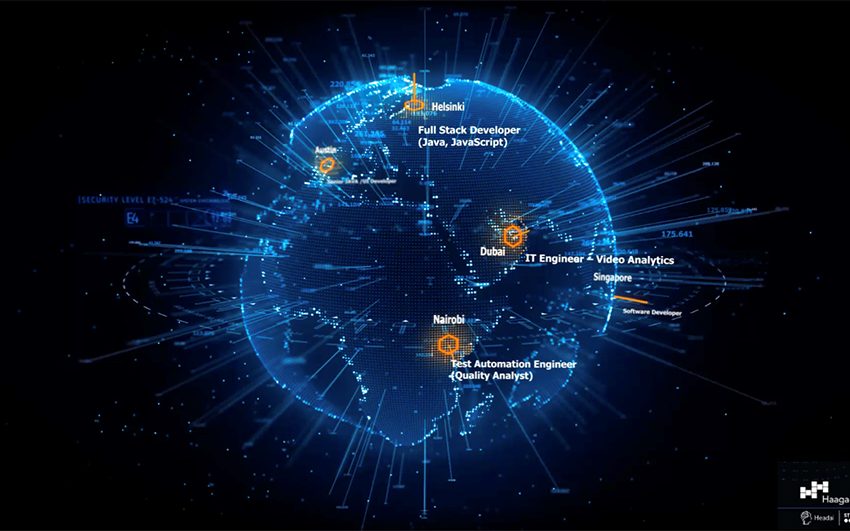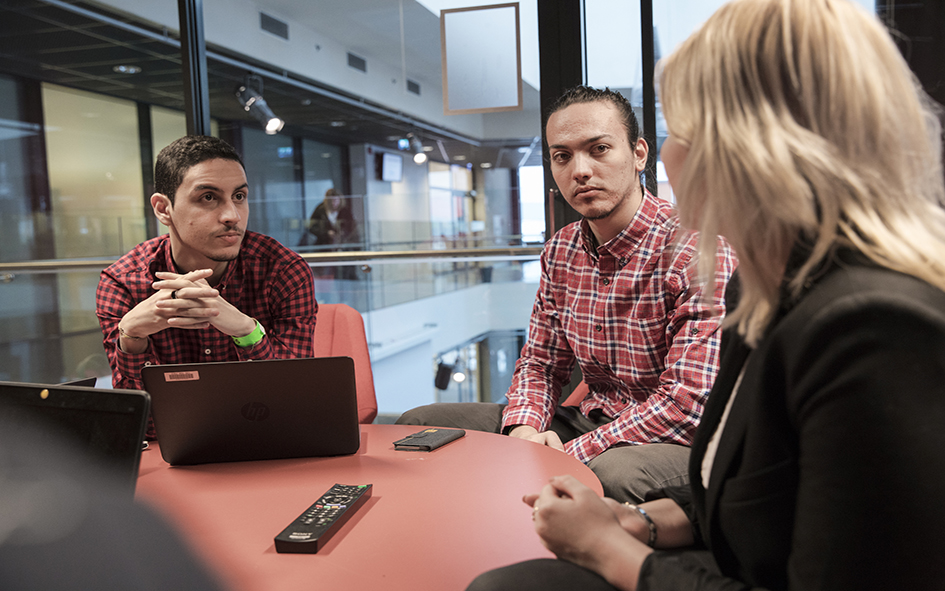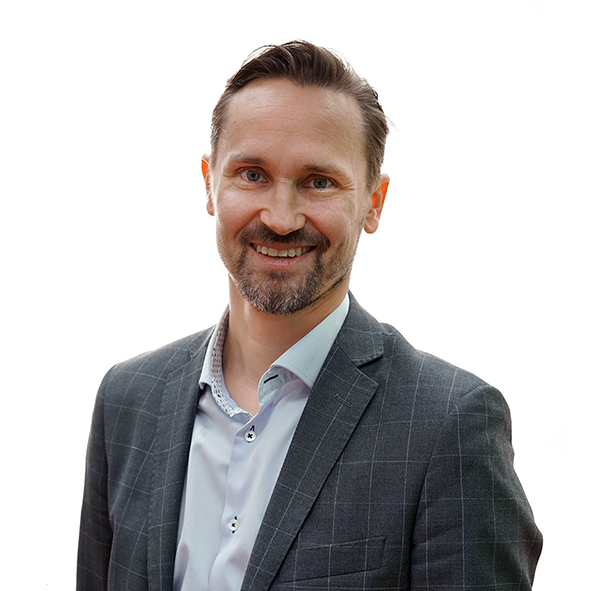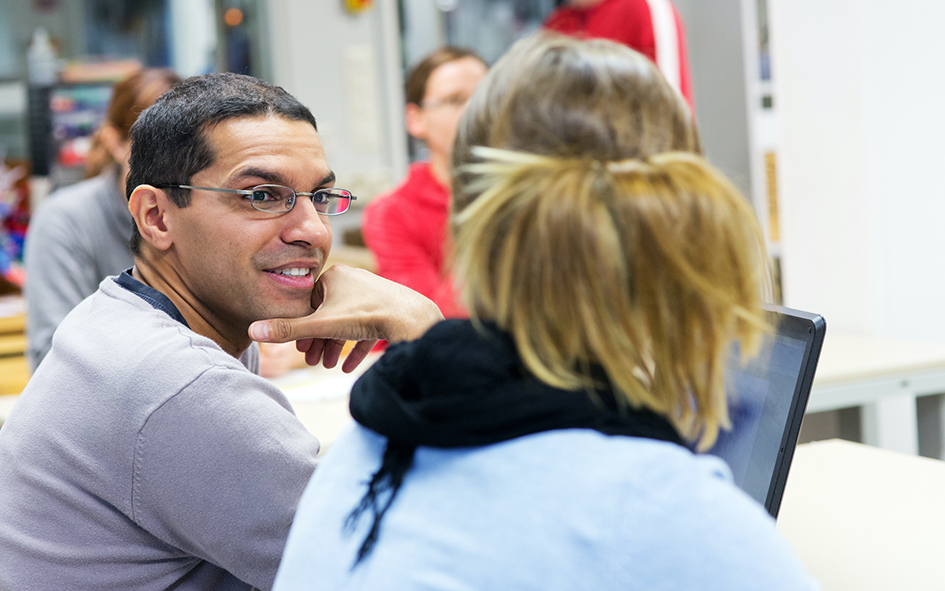Natuzzi Italia Elevates Dubai Summer Surprises with Exclusive Offers Until 31 August 2025
Education Finland’s Webinar Findings on Education And Training

50% of all employees will need reskilling by 2025 – Finland’s approach to the challenge is both systematic and innovative.
Half of all employees will need reskilling in the next couple of years, as adoption of technology increases, according to the World Economic Forum’s Future of Jobs Report. Finland is tackling this issue by a parliamentary reform of continuous learning that will respond to people’s lifelong need for upskilling and reskilling – and by developing innovative solutions to enable learning new skills. These were presented in an online event organized by Education Finland as part of the Expo 2020 Dubai.

The magnitude of the challenge was outlined by Director Tauno Taajamaa from Soprano, a Finnish training company specializing in corporate learning services. “According to the World Economic Forum’s Future of Jobs Report, 40 per cent of current workers’ core skills are expected to change in the next five years as the “double-disruption” of the economic impacts of the pandemic and increasing automation transforming jobs takes hold. The WEF estimate is that in order to stay competitive in working life, you would need to spend on average 5-10 % of your time learning new skills,” said Taajamaa.
H.E. Marianne Nissilä, Ambassador of Finland to the UAE, described the approach that Finland, a country topping the international rankings in both education and innovation, has adopted. “Recently Finland completed a reform on continuous learning. The reform aims to make sure that the development of competence becomes a natural part of work or entrepreneurship. Key measures include making sure that education takes into account different life situations as well as the needs of the world of work. Finland is gradually introducing a digital service package for continuous learning. It consists of interconnected intelligent online services such as services for assessing competence and identifying prior learning, guidance services and search services for education. One of the most important digitalization projects is Digivision 2030. It aims to offer greater opportunities for all learners – whether young or adults, degree students or those seeking to upskill specific competences – to learn flexibly in Finnish educational institutions, irrespective of geographic location or administrative boundaries,” said the ambassador.
Innovative approaches to training and upskilling
Innovative solutions to make upskilling easy and motivating have already been developed by Finnish organizations, based on Finland’s well-known education expertise. Micro credentials offer a flexible way to upskill throughout one’s career, certification courses and tests can be offered using virtual reality, and approaches such as gamification can be used to add employee engagement in and motivation for learning, as suggested by Seppo, a Finnish company specialized in game-based learning.
“Millennials will be in an increasing role as employees, and they are quite demanding: looking for new challenges, striving for transparency and meaningfulness and using technology in a natural way. There is also a paradigm shift in learning which includes moving from onsite to remote or hybrid learning, from memorizing to exploring and creating. Research shows that gamification can result in a 75% increase in learner motivation,” said Riku Alkio, CEO of Seppo with a teacher background.
Harnessing technology to identify training needs as well as to meet them
One of the key questions is what are the future skills that will be needed in working life. Finland is basing its policy of continuous learning on systematic skills anticipation done together with representatives of working life. Also artificial intelligence can be harnessed to anticipate the skills required by future workplaces to provide solutions for graduate education and continuous learning, as exemplified by Haaga-Helia University of Applied Sciences.
“We collabarate with Headai, a Finnish technology company, and use their artificial intelligence (AI) to analyse the data from job adverts in different markets to get insights so that decisions can be made about study programmes in our institution. We have noticed that the skills in demand vary almost as much between geographic location as they do between different jobs,” said Pasi Tuominen, Extended Reality Customer Experience Developer from Haaga-Helia UAS. “We have also developed together with Headai Careerbot, a service that helps our students to pursue their dream career and build their skills profile. With the help of AI we can combine offering from different courses based on their aspirations and create a truly personalized learning path for them.” The AI-powered Chrystal Ball can be explored in the Finnish Pavilion at the Expo 2020 Dubai.
It is no surprise that technology use and development are prominent among skills needed for the jobs of tomorrow -or even today. Technological change is accelerating, and 5G, AI and VR/AR are examples of technologies that companies should be able to harness in order to stay at the cutting edge of development.
“5G is part of a megatrend in which work, services and education are carried out remotely. The pandemic has just accelerated this transition. Technology industries have a huge demand for professionals in the next 10 years, ” said Lauri Hollo, Head of Community at Start North, a spin-off from Aalto University. Start North has developed the concept 5GMökki (“5GCabin”), a network of multifunctional learning hubs at campuses around the world. The aim of the 5GMökki network is to connect like-minded students from all around the world and to give them access to learn about and through 5G. “The network involves in its management also local students who in the process acquire important skills that they need in future life,” said Hollo.

Editorial note: additional material on wellbeing
COVID-19 has challenged well-being in schools
The focus on the first day of the event was wellbeing in education – something which is a clear focus in Finland.
“Many countries can be proud of the performance of their students, but Finland stands alone in combining high performance with life satisfaction – and happiness. This is of course because of the variety pedagogical approaches teachers use in their daily work, but also because emphasis has been put on physical and mental well-being through different support structures and initiatives as well as physical learning environments. These solutions have given Finnish schools resiliency in the pandemic – and many of them can also work in other countries,” said Mr. Jouni Kangasniemi, Director of the Education Finland programme.
One solution which has been successfully applied also in the Gulf region is antibullying work using a programme developed at the University of Turku. In this approach, used also by Finland Oman School in Muscat, the issue of bullying is discussed with the whole community, but also concrete measures are taken to tackle specific cases of bullying – which has moved increasingly online.
Senior Teacher Rihab Al Hosni from Finland Oman School is a part of the school’s antibullying team. “We have to raise awareness about bullying. So many people still don’t understand what bullying means. So every year we have this discussion about what bullying is and what are actions of bullying. Bullying comes in different shapes and forms. There are so many activities we have planned for the teachers during the past years to raise awareness, and we can really see that in our school community cases of bullying are now very rare.”
“The school should be a safe and comfortable place for everyone, not a scary or stressful place.
Kiva programme encourages diversity, positive learning environment, happier students and better mental wellbeing,” added Social Worker Maryam Al Kharoossi from Finland Oman School.

In his keynote presentation, Dr Pasi Sahlberg from the University of New South Wales in Sydney pointed out that while the pandemic has challenged schools, there are also lessons that have been learned globally. One such is the realization of the importance of social and emotional well-being as an enabler for learning, something which Finland has emphasized long before the pandemic. “We should not be so concerned about fixing the “learning loss” in connection with the disruption caused by COVID. Instead, focus is better placed on supporting well-being. We should also remember to ask what the children have learned during the pandemic, not just what they haven’t. What did the children learn about themselves, about their families, about health and the pandemic, about their resilience? When we put children into hard places, they can often do miracles. We should give them credit for this and not only worry about the losses there are.”

Further information:
Jouni Kangasniemi, Programme Director, Education Finland, Finnish National Agency for Education, jouni.kangasniemi@oph.fi , tel. +358 (0) 405179222
Jaakko Skantsi, Team Finland Knowledge Network specialist in Abu Dhabi, jaakko.skantsi@formin.fi, +971 (0)50 479 0299
Education Finland programme: https://www.educationfinland.fi/







